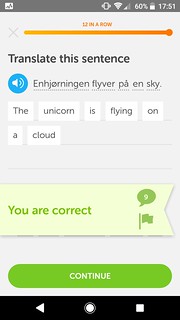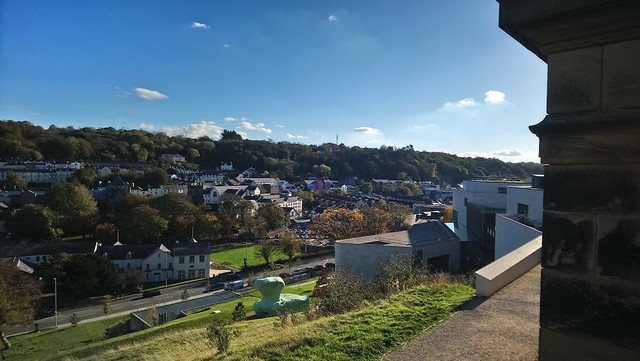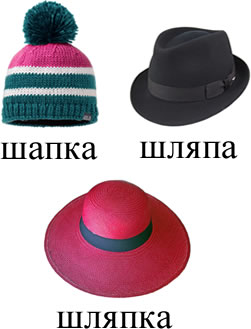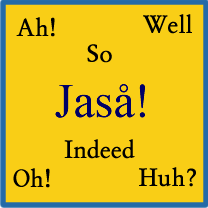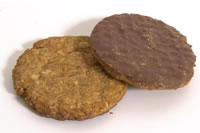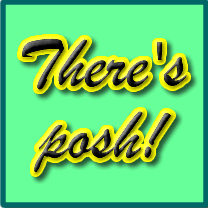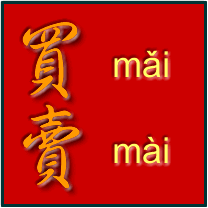What do the words bulge, budge and budget have in common?
The answer is, they all come from the same root.
Bulge comes from the Old Northern French boulge (leather bag), from the Late Latin bulga (leather sack), from the Gaulish *bulga / *bulgos, from the Proto-Celtic *bolgos (sack, bag, stomach) [source], from the Proto-Indo-European *bʰelǵʰ- (to swell) [source].
Budge, in the sense of “a kind of fur prepared from lambskin dressed with the wool on, formerly used as an edging and ornament, especially on scholastic habits”, comes from the Middle English bouge (to swell out, to bilge) from the Late Latin bulga (leather sack) [source].
Budget comes from the Middle English bogett / bouget / bowgette (leather pouch), from the Old French bougette (purse for carrying coins), the diminutive of bouge (leather bag, wallet), from the Late Latin bulga (leather sack) [source].
The Proto-Celtic word *bolgos is also the root of bolg, which means belly, stomach, abdomen, buldge or hold in Irish; belly, stomach, abdomen, corporation, bilge or bowl in Manx; and blister, bilge, bulb or womb in Scottish Gaelic [source].
In the Brythonic languages *bolgos became bol (belly, paunch, abdomen, stomach, bowels; tripe; appetite, desire, gluttony, liking) in Welsh [source], bolgh (breach, gap, opening) in Cornish [source], and bolc’h in Breton [source].
Budge, in the sense of to move, comes from a different root: from the Middle French bougier, from Old French bougier, from the Vulgar Latin *bullicāre (to bubble; seethe; move; stir), from the Latin bullīre (to boil; seethe; roil) [source].
